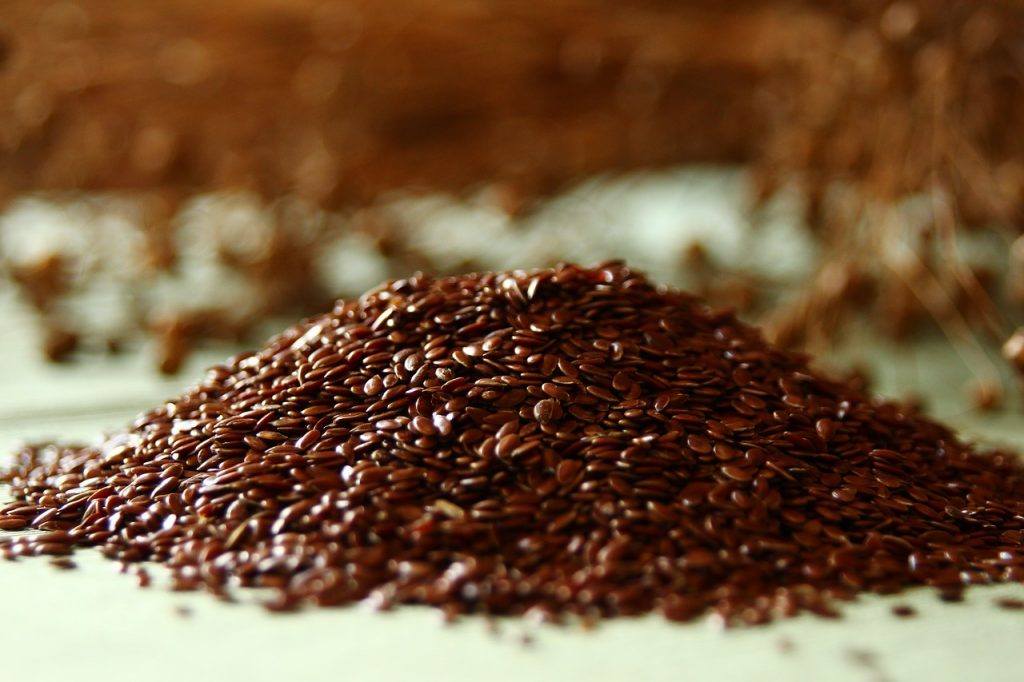The foods we eat are a major player in our gut health. We truly are what we eat. When we choose to eat with food as medicine in mind, our gut will thrive. As I mentioned last week, 70 to 80 percent of our immune system resides in our gut microbiome, this one-cell layer that serves as a protective barrier. It regenerates every 7 to 10 days.
One of the biggest threats to our gut microbiome is stress and the resulting cortisol that goes off constantly when we are under pressure. Even though food is primary, it is not the only factor that impacts our gut health. These are the four factors that influence our gut health:
Both prebiotic fiber and probiotic foods nourish our gut health.
To do this effectively, we need to eat about ten plants (fruits, vegetables, nuts, seeds, lentils, legumes, herbs, etc.) each day. We also need to eat three probiotic-rich foods daily such as fermented vegetables, yogurt, apple cider vinegar, etc. According to Dr. David Perlmutter, “Eating cruciferous vegetables such as broccoli, broccoli sprouts, arugula, cauliflower, Brussels sprouts, cabbage, kale, etc. raises levels of sulforaphane that turns on a pathway to power up detoxification and reduces inflammation.” He particularly recommends eating yams, dandelion greens, dark greens, garlic onions, and leeks. These are great prebiotic fibers that repair the gut lining.
Eating a variety of fruits and vegetables increases the diversity of the gut microbiome. The deeper the color, the more the nutrients. Sayer Ji recommends ground flax seeds for healing the gut lining. They secrete a mucilaginous substance similar to the mucus lining in the gut. These seeds can fight against esophageal, colon, breast, ovarian and other forms of cancer. My daily smoothie gives me 5 servings of plants, two probiotic foods, and two tablespoons of freshly ground flax seeds daily.

Flax seeds help to heal the gut lining
Aerobic exercise increases the diversity of the gut microbiome.
Recent evidence suggests that aerobic exercise improves the diversity and abundance of genera from the Firmcutes phylum, which may be the link between the positive effects of exercise on the gut and brain. Aerobic activity also strengthens the mitochondria or energy of each cell. Dr. Robert Elliott believed that strengthening the mitochondria is a key to solving many diseases. Intense exercise also improves circulatory and immune function.

Exercise increases the diversity of our gut microbiome.
Sleep impacts our gut microbiome.
Your gut microbiome and quality sleep are interconnected. A new research study indicates that poor sleep can negatively affect your gut microbiome, which can, in turn, lead to additional health issues. Our bodies heal, regenerate and detox when we sleep. This same study revealed that those who sleep well have a more diverse or better gut microbiome. So don’t neglect this free health booster!

When we sleep, our body repairs and detoxes.
Stress impacts the gut microbiome.
An occasional rise in cortisol is normal and actually good for the body, but when cortisol is constantly activated in the body due to an overload of stress, all systems of the body including muscles, respiratory, cardiovascular, endocrine, nervous, reproductive, and gastrointestinal (and gut bacteria) are affected. Stress can affect digestion, and what nutrients the intestines absorb. Gas production related to nutrient absorption may increase. The intestines have a tight barrier to protect the body from (most) food related bacteria. Stress can make the intestinal barrier weaker and allow gut bacteria to enter the body. Dr. David Perlmutter believes that cortisol and stress are one of the biggest threats to our guts. Managing our stress is a key to protecting our gut.

Managing stress is a key to protecting our gut health.
Hippocrates, the father of medicine, believed that all disease began in the gut. Many doctors today are recommending that patients give special care to their gut microbiome by eating probiotic foods, consuming more plants, and taking a probiotic supplement. One of the keys to curing many diseases is to heal the gut lining and provide the right environment for gut bacteria to grow and thrive. But exercise, deep sleep, and managing stress are also important. Your gut health is important to your overall health.
What are you doing to enhance your gut health?
For Your Health,
Ginny




